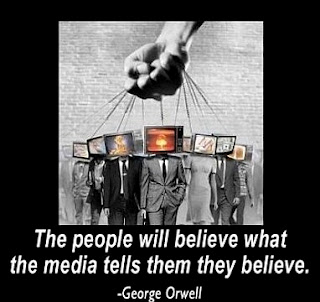Paul Émile Chabas (March 7, 1869 – May 10, 1937) was a French painter and illustrator and member of the Académie des Beaux-Arts.
Chabas loved to paint female nude figures. His style was delicate, respectful and never courted titillation or eroticism as did some other artists of his era. His most famous painting, "September Morn" (below) brought him little but pain and notoriety. This piece from the Oregon Daily Journal of 29 September 1913, headlined "September Morn is curse to the artist" explains:
A look at a 12 noon version of his natal chart (click on it for a clearer version) reveals the source of his "deeply sensitive nature". His natal Sun and Venus were in sensitive, emotional Pisces, and lay in harmonious trine to Uranus in ultra sensitive Cancer.
In reporting the artist's death the New York Times noted as follows:
That painting:
Chabas loved to paint female nude figures. His style was delicate, respectful and never courted titillation or eroticism as did some other artists of his era. His most famous painting, "September Morn" (below) brought him little but pain and notoriety. This piece from the Oregon Daily Journal of 29 September 1913, headlined "September Morn is curse to the artist" explains:
So deeply pained and humiliated by the notoriety which his famous painting "September Morn," has brought him that he can no longer bear to frequent his former haunts, Paul Chabas, the artist, la hiding from his friends somewhere in the south of France, and his model, a dainty and demure little bachelor girl, has also dropped from sight according to Jules Pages, noted artist, her today from Paris where he knew both artist and model personally. Pages says the girl who posed for "September Morn" Is not pretty, but very Graceful and daily made her living by calling at the Paris studios for posing. "September Morn" has not made her rich or famous, and she is now hiding from its notoriety. She bears an excellent reputation for character, Pages said. Chabas la of a retiring and deeply sensitive nature, and the comment aroused over his painting has grieved him deeply.
A look at a 12 noon version of his natal chart (click on it for a clearer version) reveals the source of his "deeply sensitive nature". His natal Sun and Venus were in sensitive, emotional Pisces, and lay in harmonious trine to Uranus in ultra sensitive Cancer.
In reporting the artist's death the New York Times noted as follows:
Paul Chabas, who painted the famous picture, "September Morn," in 1912, died today at the age of 68. He had been an invalid for two years, and the only painting in the room where he spent most of the time was his own copy of the picture that made him world famous.
That painting:













































